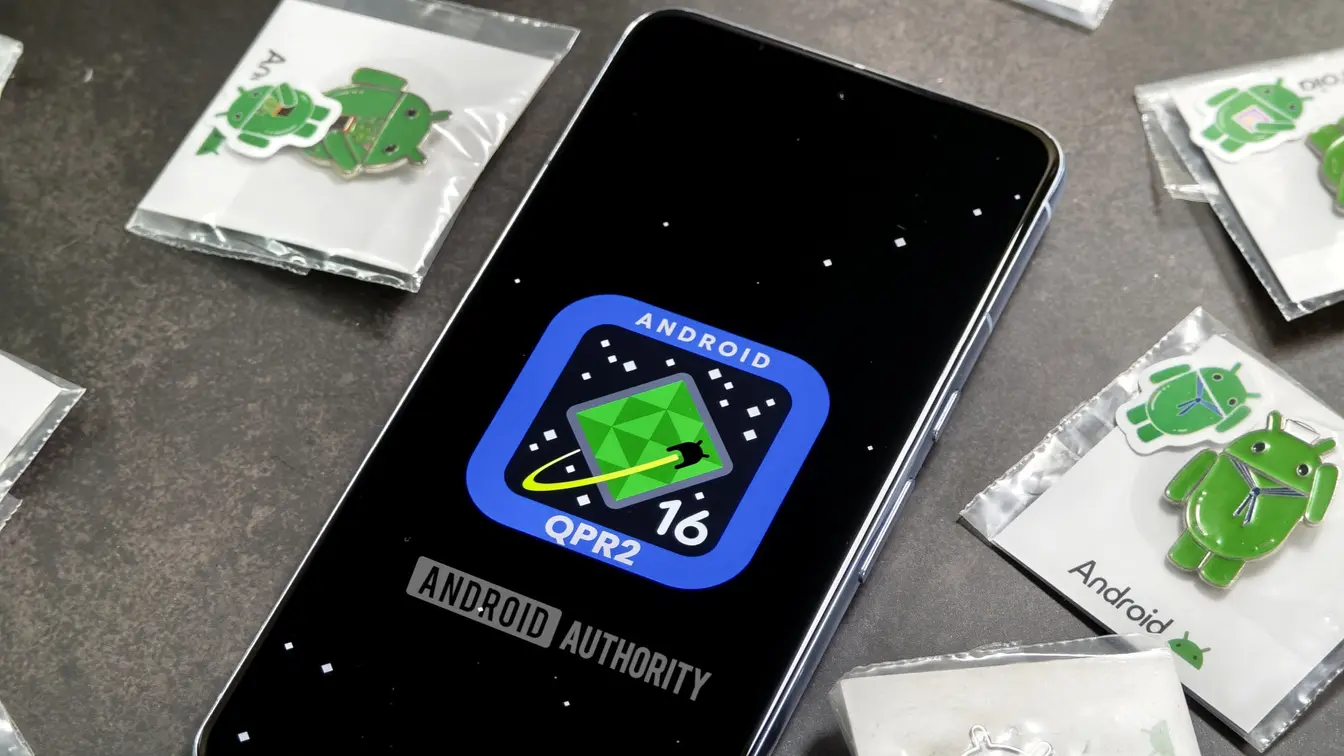T4K3.news
Gemini AI arrives on Pixel family
Google introduces on-device AI features across Pixel 10 models and adds a health coaching experience to the Pixel Watch 4
Google rolls out on-device AI features across Pixel 10 series and adds a health coach to the Pixel Watch 4.
Google Gemini upgrades bring autonomous AI to Pixel phones and watches
Google announced the Pixel 10 family with the Tensor G5 chip, powering Magic Cue which surfaces information from Gmail, Calendar and Maps at the moment it is needed. The feature runs locally on the device, aiming to cut down cloud processing and speed up responses. The Pixel 10 includes a 6.3in OLED display with a three-camera setup and a 10.8-megapixel telephoto lens, while the Pixel 10 Pro offers larger screens and a 48MP telephoto with 10x optical zoom. A folding variant, the Pixel 10 Pro Fold, adds IP68 durability for folding screens to address durability concerns.
Google also unveiled the Pixel Watch 4, which brings Gemini to the wrist and acts as a personal AI health coach through the Fitbit app. It can tailor fitness and sleep plans, measure training impact in real time and answer health questions in a chatbot style. The watch supports SOS satellite emergency services in the US while emphasizing serviceability through repairs of battery and screen. The Pixel Buds 2a offer Gemini with noise cancellation and a replaceable charging-case battery, completing a trio of new devices that pair with the Gemini features.
Key Takeaways
"Google is putting on-device AI at the center of its strategy"
Analyst view on device based AI
"An early step toward agentic AI experiences on smartphones"
Editorial interpretation
"Most Android users already have apps filled with personal data, making real-time AI feel natural"
Observation about data readiness
On-device AI shifts power away from the cloud and toward user devices, which could improve privacy and responsiveness when data stays on the phone. It also deepens the integration between apps people rely on daily, making digital life feel more seamless. Yet the move raises questions about how much data stays locally and how these features are controlled, especially as more services pull from Gmail, Calendar and Maps. The broader trend is clear: smartphones and wearables are becoming proactive assistants, not just tools.
Highlights
- On-device AI changes what a phone can do
- Your calendar becomes a smarter sidekick
- The future of AI lives in your pocket
- Privacy by design meets real time usefulness
Privacy and data-use concerns with on-device AI
The move to surface information from Gmail, Calendar and Maps on-device raises questions about data handling, consent and potential privacy risks if devices are compromised. Regulators and users may scrutinize how data is accessed and stored even when processing happens locally.
As devices grow smarter, the balance between convenience and privacy will shape how people trust their digital assistants.
Enjoyed this? Let your friends know!
Related News
